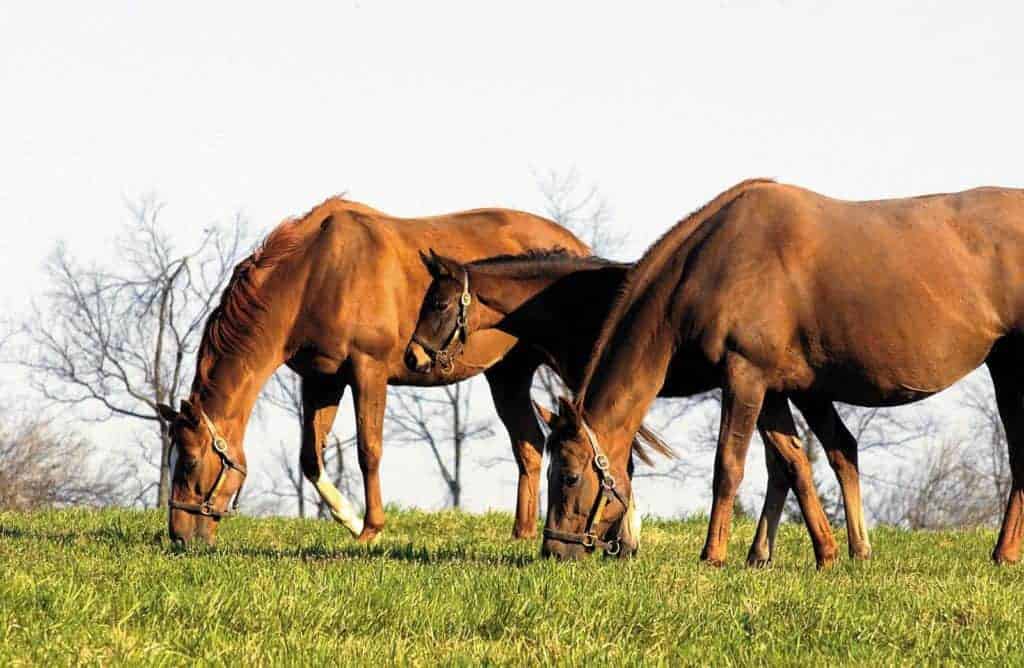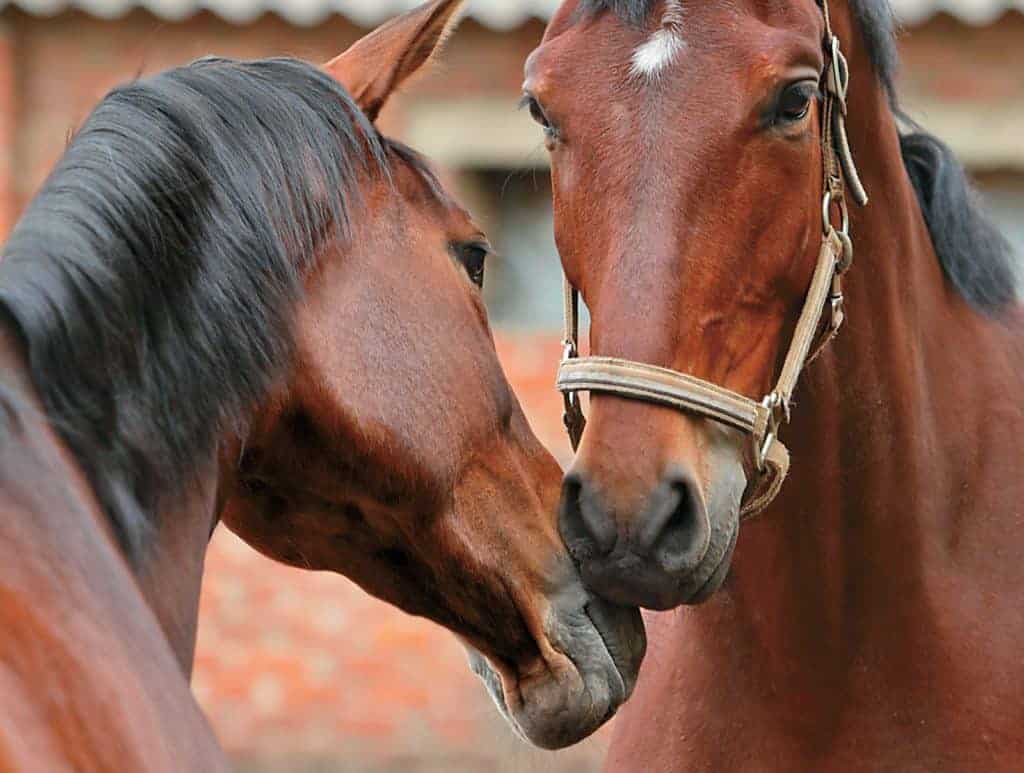
Don’t Learn the Hard Way With Equine Disease Outbreaks
Don’t learn the hard way or wait for another outbreak to make disease risk reduction a priority on your farm. Do it now. Your horse’s life might depend upon it.

Don’t learn the hard way or wait for another outbreak to make disease risk reduction a priority on your farm. Do it now. Your horse’s life might depend upon it.

Researchers know that transport can affect horses’ immune systems, making them more susceptible to developing disease. But recent study results suggest it could also make horses more likely to spread disease.

Researchers say this might be a bigger source of environmental contamination than previously thought.

One additional case of EHV-1 abortion was confirmed in Humboldt County in April. The NDA did not issue a quarantine for this case because the incubation period has passed and no horses have been moved to or from the property.

Dunuwille is studying the vascular inflammatory process equine herpesvirus type 1 and equine arteritis virus induce. Both viruses can cause abortions in pregnant mares, and vascular inflammation plays a major role in these losses.

The ongoing Equine Respiratory Biosurveillance Program revealed new information on infectious respiratory disease threats, including EHV-1 and EHV-4, influenza, S. equi, equine rhinitis A/B viruses, and more. Here’s what you should know.

Reported diseases included African horse sickness, atypical myopathy, contagious equine metritis, salmonellosis, and more.

A mare at a private facility aborted a pregnancy in late March. Tests confirmed the abortion was caused by EHV-1 infection, There is no evidence to suggest this case is connected to case diagnosed in Ada County earlier this month.

Disease caused by EHV-1 can be mild or more severe, including late-term abortion in pregnant mares.

A week prior to the abortions, two horses on the same farm developed clinical signs consistent with the neurologic form of EHV-1. These horses were euthanized and no further diagnostic testing was performed, OMAFRA said.

The affected horse became ill on Jan. 5, was treated Jan. 6, and was euthanized later that day.

Learn about what vaccines a broodmare should receive during gestation and why vaccinating mares is important for their foals from equine repro expert Dr. Ryan Ferris.

The first step toward preventing pregnancy loss in horses is understanding why it happens in the first place.

Officials reported diseases including African horse sickness, equine influenze, strangles, EHV-1, EIA, and more.

EHV-1 can spread between horses before they show any signs of infection, creating a potential perfect storm for a significant disease outbreak. An infectious disease expert shares steps you can take to stop disease spread.

A barn was released from an EHV-1 quarantine, but is the risk for disease transmission gone? A veterinarian weighs in.
Stay on top of the most recent Horse Health news with
"*" indicates required fields